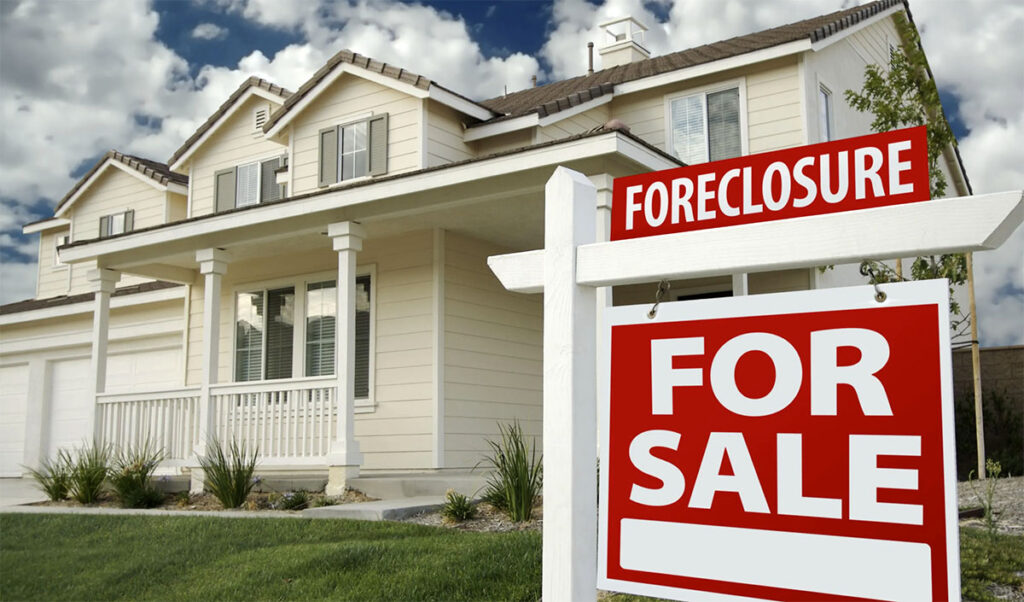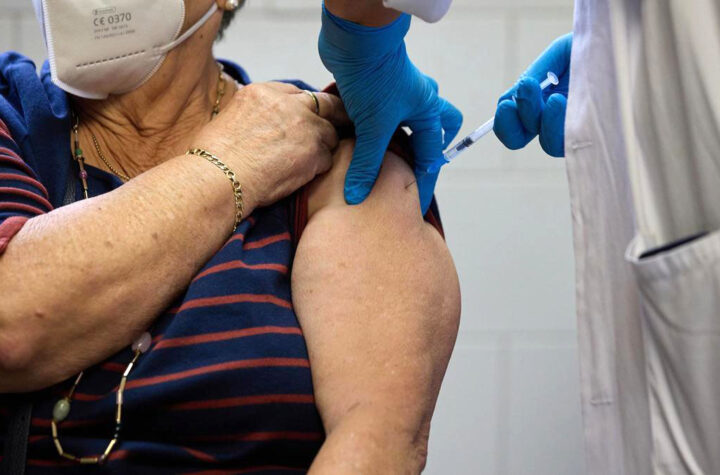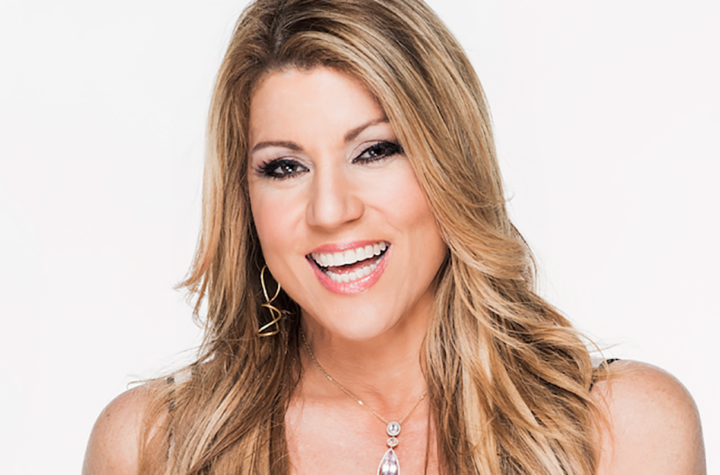
EN 2021| Unos 119 propietarios perdieron sus hogares por deudas menores con su HOA. (Foto/EFE)
WITH BILL HB22-1137
Sofía Marquez/ El Comercio de Colorado
Haga click aquí para leer la versión en español
Teresa will forever remember the harrowing experience of the recent weeks. A working woman, she religiously pays her mortgage, and thus believed she was assured of an economically stable retirement by being able to sell her property in Green Valley Ranch (GVR) in the future.
Yet her expectations were crushed. After a long day’s work, Teresa arrived at her house, but was unable to get in. A lockbox on the door prevented it. Next to the new lock, she found a notice notifying her that her house was being auctioned due to unpaid fines. The fines had been charged by the neighborhood HOA.
Foreclosures Without Warning
A small fine for not putting trash cans away on time turned into a nightmare for Teresa. The HOA charged interest upon interest to that fine. When the debt for unpaid fines reached $13,000, the HOA began a foreclosure process that ended in an auction of Teresa’s house, all without her knowledge.
Teresa is not the only victim of this HOA behavior. In 2021, an additional 49 GVR residents lost their homes due to unpaid fines to their HOA. In the same year, a total of 119 homeowners across Denver were evicted from their homes due to outstanding balances with an HOA. We report 7 similar cases that occurred in Greeley in 2021.
Predatory Behavior
Muriel Williams-Thompson, member of the Denver chapter of the National Association of Real Estate Brokers (NAREB), tells us that, since 2017 they have been seeing the HOAs partaking in this predatory behavior of egregious fines followed by inflated interests.“The HOA is operating in Colorado largely unchecked. They can adjust their fines and interest as they wish. This is predatory behavior,” Williams-Thompson said.
As explained by the NAREB member, HOAs seek to inflate homeowners’ debts. This way, what were initially small fines, become debts that the HOA seeks to collect by imposing their super-lien power on the properties. That way, the house becomes collateral, or the instrument by which the HOA collects your debt. Subsequently, if the debt is unpaid that house, now held by the HOA, comes into the market.
Working on Protective Legislation
State senator Julie Gonzales spoke to us about HB22-1137, a bill which will attempt to regulate and force the HOAs to be more transparent about their fines, interests, and foreclosure proceedings. “(on the bill) we place limits on how that lien can be assessed…and the HOAs do not like that,” Senator Gonzales tells us. The lobbying power that the HOAs have has made this an uphill battle for lawmakers, yet they are determined to continue fighting and ensuring that these organizations are finally regulated and that homeowners are protected.
Taking Advantage of Homeowners
The Homeowners Association (HOA) is a private entity in which members of a community work together in order to maintain a clean and cohesive atmosphere in neighborhoods. In practice, though, they act as predatory entities who inflate their fees and dues, creating a hostile environment for Colorado homeowners.






otras noticias
COVID-19 Affected Individuals Live with its Effects
The gorillas of AMLO
Celebrating the Board of Directors (2024-2025) of the COHCC.